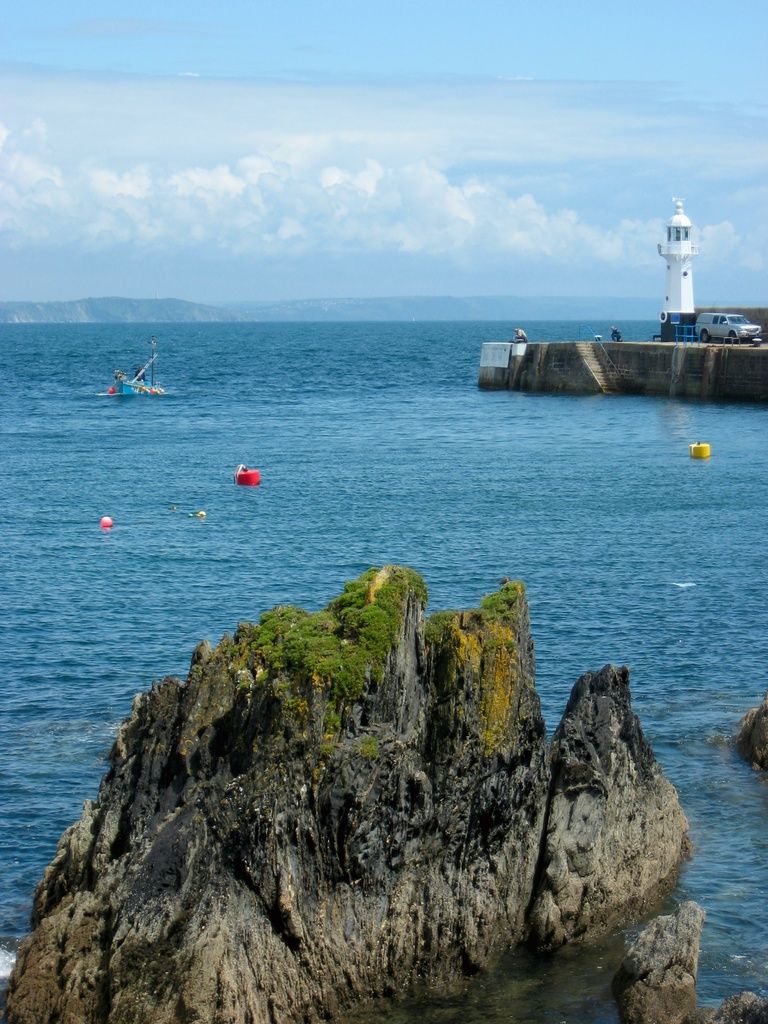Kazakhstan Enhances Petrochemical Sector through $15 Billion Investment Strategy
Title: Boom Times Ahead for Kazakhstan's Petrochemical Industry
Kazakhstan is revamping its oil and gas sector, aiming to shift towards high-value production, with a focus on petrochemicals as the silver bullet. Energy Minister Yerlan Akkenzhenov recently unveiled a roadmap for this transformation, set to roll out from 2024 to 2030.
Photo credit: Shutterstock
In essence, the roadmap outlines six mega-projects on a $15 billion budget. These projects are slated to create around 3,500 permanent jobs and 16,000 temporary work opportunities.
Last year, petrochemical production surged by 50% to reach a whopping 540,000 tons. The increase in output was fueled partly by the opening of a new paraxylene production unit at Atyrau's oil refinery in March, contributing 33,800 tons to the total.
The National Industrial Petrochemical Technopark is another significant piece of the puzzle, hosting 18 projects catering to polypropylene, polyethylene, and synthetic rubber production.
Looking ahead, major projects like polyethylene, PET, alkylate, and urea plants are in the pipeline, with launches expected between 2027 and 2029.
The government is also working on a new law for the petrochemical industry to ensure fair access to raw materials, and to introduce tax and financing support measures. Prime Minister Olzhas Bektenov emphasized the importance of the chemical industry in bolstering agriculture, mining, metallurgy, and construction.
Between 2024 and 2024, chemical production saw a 7.7% increase, petrochemicals surged by over 50%, and exports of chemical products exceeded $2 billion, jumping 13% from the previous year. The sector continued to expand in the first quarter of 2024, expanding by 12.5%.
Kazakhstan currently boasts 12 substantial chemical and petrochemical plants, including the largest polypropylene facility in Central Asia, located in Atyrau. Additionally, a massive polyethylene plant, the country's largest industrial project to date, is in the works. Other key initiatives include sodium cyanide, ammonium sulfate, butadiene, urea, and PET production.
The Kazakh government is pushing to attract private investment, enhance the investment climate, and pass a law on the petrochemical sector by September.
KazMunayGas (KMG), a key player in the sector, has made significant strides recently. Their KPI polypropylene plant, operational since late 2022, upped its output by 73% year-on-year in the first quarter of 2024, reaching 126,000 tons. Annual production is set to reach 486,000 tons. Since the launch, polypropylene exports have surged ninefold, and domestic consumption is climbing due to KMG's discount program, boosting local manufacturers.
Construction of a mammoth $11 billion polyethylene plant is underway, amid key infrastructure development. Growing local engineering capacity is achieved through equipment contracts and training programs, in partnership with universities and Spanish firm Técnicas Reunidas.
New projects in the pipeline at KMG include a $1.2 billion urea plant and a polyethylene terephthalate (PET) plant. KMG is also advocating for the wider use of polymers, upgrading standards, and cracking down on uncertified imports. Capacity expansion to 1.25 million tons of bitumen puts the country on track to surpass domestic demand.
Robotic warehouses and digital systems are being integrated across facilities, reflecting KMG's commitment to modernization and efficiency.
In a nutshell, Kazakhstan's petrochemical industry is experiencing a remarkable reinvention, with a focus on strategic national priorities, substantial investments, and infrastructural development aimed at creating a robust, diverse, and future-proof sector.
Extra Facts:- Kazakhstan was the world's 9th largest oil producer in 2022 and the 15th largest gas producer.[3]- The country seeks to increase the value added per barrel of crude oil from $10 to $50 by 2030.[2]- Kazakhstan is attractive to investors due to its huge reserves of untapped resources and proximity to major markets.[3]
The transformation roadmap for Kazakhstan's petrochemical industry, which includes six mega-projects with a $15 billion budget, indicates a significant focus on finance, as these projects are expected to create thousands of jobs and contribute to the national economy. Moreover, the government's efforts to attract private investment and develop local engineering capacity in the energy sector, such as the construction of a polyethylene plant, further underscores the importance of finance in this industry's growth.








